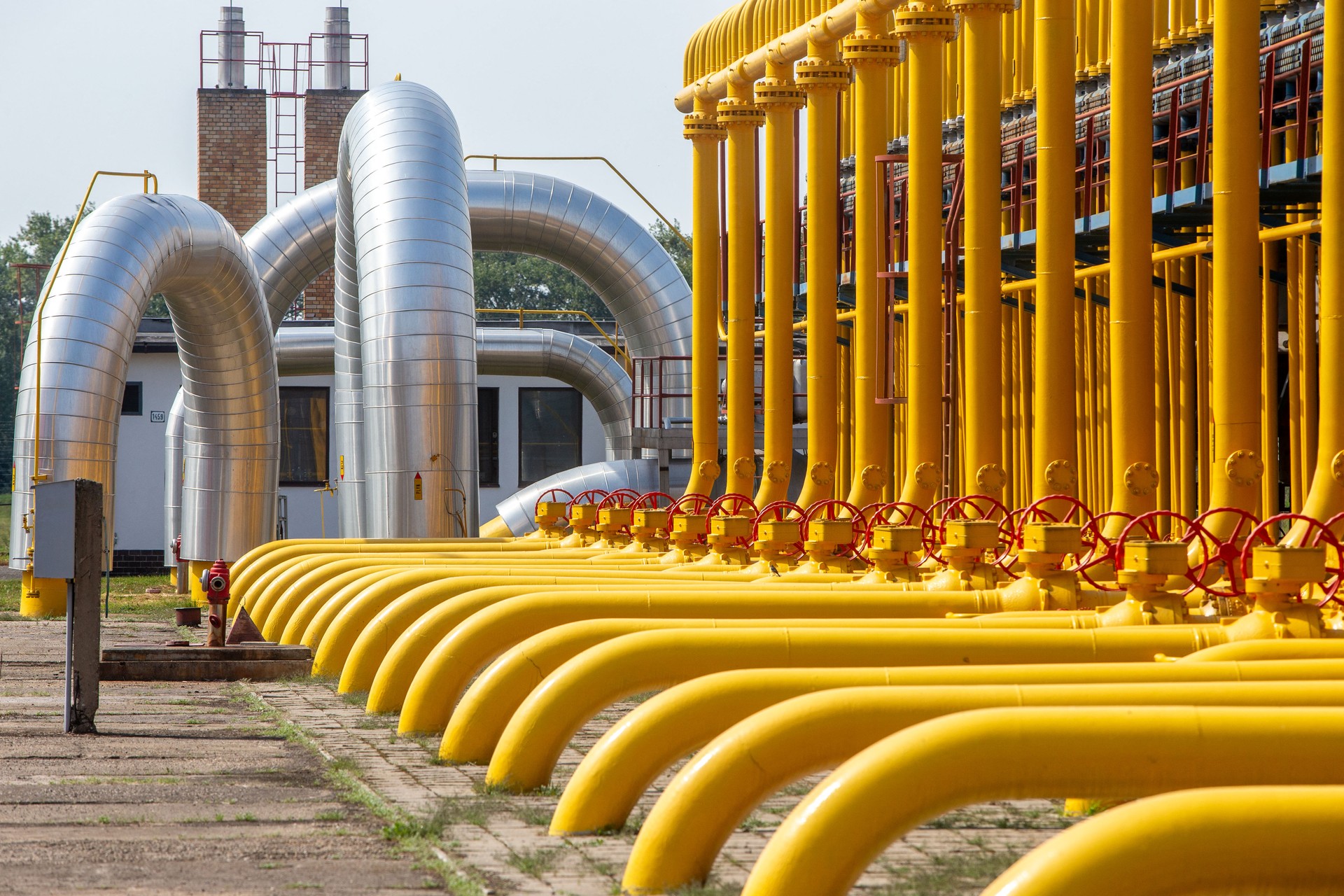
The breakaway region of Transnistria is grappling with a deepening energy crisis after Russia’s Gazprom cut off gas supplies to the territory on Wednesday, citing a financial dispute with the Moldovan government.
The move has forced nearly all factories in the pro-Russian enclave to cease operations, according to separatist officials.
“The crisis is so severe that there is no need to list which enterprises have stopped. All industrial enterprises have stopped, except for those engaged in food production,” Sergei Obolonik, Transnistria's self-declared economy minister, said Thursday.
The gas cutoff coincided with the expiration of a major gas transit agreement between Russia and Ukraine, which had allowed Russian gas to flow through Ukrainian pipelines.
Transnistria, a narrow strip of land internationally recognized as part of Moldova but de facto controlled by pro-Russian forces since the Soviet Union’s collapse, has historically relied on Russian gas for heating and electricity.
To address the shortage, the region has turned to burning coal at its largest power station. However, authorities have imposed restrictions on heating and hot water for thousands of residents, urging them to conserve energy by sealing windows and gathering in single rooms to stay warm.
Regional leader Vadim Krasnoselsky said Thursday that more than 70,000 households had lost access to gas, leaving them without hot water or heating during the winter. Additionally, over 1,500 apartment buildings are now without heating.
“It is difficult, but we will not allow social collapse,” Krasnoselsky said, commending residents for collecting firewood to endure the crisis.
Educational institutions have also been affected, with schools and universities switching to remote learning, local media reported.
While Transnistria faces severe hardships, the rest of Moldova has so far avoided similar conditions. Chisinau has managed to secure power imports from neighboring Romania and is less dependent on Russian gas, having already transitioned to alternative supply routes last year.
Moldovan officials noted that Gazprom could have opted to deliver gas through a pipeline network running across the Black Sea to Türkiye and up through the Balkans, though this option has not been utilized.